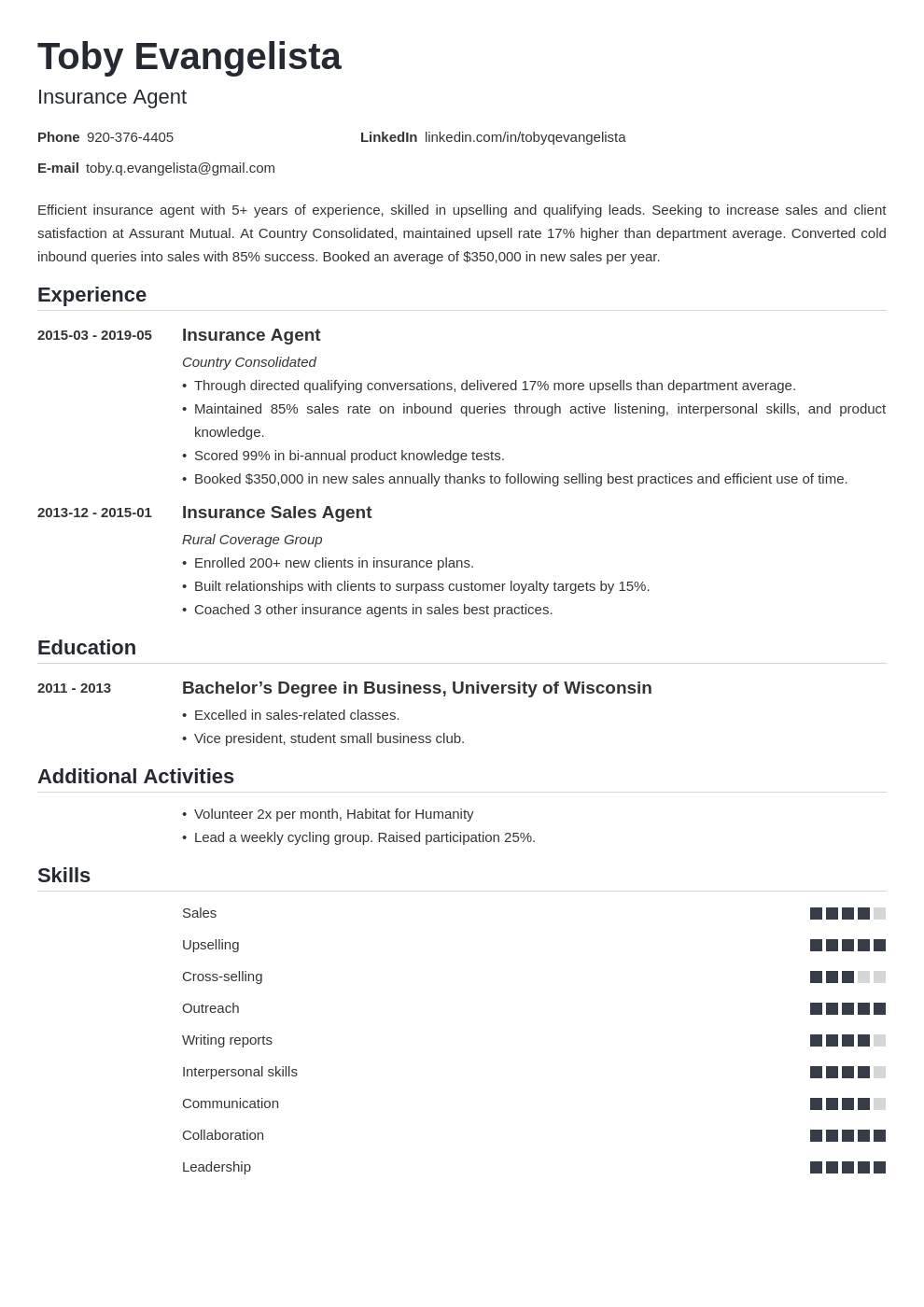Here's what you can expect to make at each level, presuming you are at among the leading investment banks (i. e. Goldman Sachs, Morgan Stanley, J.P. Morgan): Financial Investment Banking Experts are generally 21-24 years of ages with a Bachelor's degree from a top university. Banks employ analysts directly out of undergraduate programs.

The settlement is typically structured in the kind of a signing perk + base pay + year-end reward. Leading experts work for 2-3 years and after that get promoted to Partner. Investment Banking Associates are generally 25-30 years old. They're either promoted from Experts or MBAs employed from organization schools. Associates are responsible for handling Analysts and checking Analysts' work.
Top performing Associates generally work for 3-4 years and after that get promoted to Vice President. Financial Investment Banking Vice Presidents are often those who have previous investment banking Expert or Associate experiences. They're generally 28-35 years of ages. They are accountable for overseeing the work streams, analyzing what work is needed to be done and ensuring they're done properly and on time by the Analysts and Associates. By and big, ending up being a bank branch supervisor or loan officer does not need an MBA (though a four-year degree is typically a requirement). Also, the hours are routine, the travel is minimal and the day-to-day pressure is much http://deandwgn456.cavandoragh.org/some-known-factual-statements-about-banzai-education-for-personal-finance-how-do-they-make-money less extreme. In regards to attainability, these jobs score well. Wall Street employees can normally be categorized into 3 groups - those who mainly work behind the scenes to keep the operation running (consisting of compliance officers, IT specialists, supervisors and so forth), those who actively provide monetary services on a commission basis and those who are paid on more of an income plus benefit structure.
Compliance officers and IT supervisors can easily make anywhere from $54,000 into the low 6 figures, again, typically without top-flight MBAs, but these are jobs that need years of experience. The hours are usually not as good as in the non-Wall Street personal sector and the pressure can be extreme (pity the poor IT expert if a crucial trading system goes down).
The smart Trick of How Much Money Can You Make As A Finance Major That Nobody is Talking About
In a lot of cases there is an aspect of reality to the pitches that recruiters/hiring managers will make to prospects - the profits capacity is restricted just by capability and determination to work. The largest group of commission-earners on Wall Street is stock brokers. An excellent broker with a high-quality contact list at a solid firm Click here for more can easily make over $100,000 a year (and sometimes into the millions of dollars), in a task where the broker basically chooses the hours that she or he will work (m1 finance how do we make money).
However there's a catch. Although brokerages will typically assist brand-new brokers by offering them starter accounts and contact lists, and paying them a wage in the beginning, that income is subtracted from commissions and there are no guarantees of success. While those brokers who can combine excellent marketing abilities with strong monetary guidance can make remarkable sums, brokers who can't do both (or either) may discover themselves out of work in a month or two, or perhaps forced to repay the "salary" that the brokerage advanced to them if they didn't earn enough in commissions.
In this classification are those ultra-earners who can bring house millions (or even billions) in the fattest of the excellent years. A typical theme across these tasks is that the yearly bonus offers make up a large (if not commanding) proportion of an overall year's payment - mix a minor in finance with what to make the most money. A yearly wage of $50,000 to $100,000 (or more) is barely hunger earnings, however bonus offers for sell-side experts, sales reps and traders can enter into the 7 figures.
When it boils down to it, sell-side junior experts typically earn in between $50,000 and $100,000 (and more at bigger firms), while the senior experts often routinely take home $200,000 or more. Buy-side experts tend to have less year-to-year irregularity. Traders and sales representatives can make more - closer to $200,000 - however their base pay are typically smaller, they can see substantial annual irregularity and they are among the first employees to be fired when times get difficult or performance isn't up to snuff.

Why Do Finance Majors Make So Much Money Can Be Fun For Everyone
Wall Street's highest-paid employees often needed to prove themselves by entering into (and through) top-flight universities and MBA programs, and after that showing themselves by working ridiculous hours under requiring conditions. What's more, today's hero is tomorrow's no - fat incomes (and the jobs themselves) can vanish in a flash if the next year's efficiency is poor.
Finance jobs are a great method to rake in the big dollars. That's the stereotype, at least. It holds true that there's money to be made in finance. But which positions actually earn the most cash? In order to learn, LinkedIn offered Company Expert with data gathered through the website's income tool, which asks validated members to submit their salary and gathers information on wages.
C-suite titles were nixed from the search. how to make a lot of money with finance blog. LinkedIn calculated typical base pay, along with median overall salaries, which included additional payment like annual bonuses, sign-on benefits, stock options, and commission. Unsurprisingly, most of the gigs that made it were senior roles. These 15 positions all make an average base pay of a minimum of $100,000 a year.